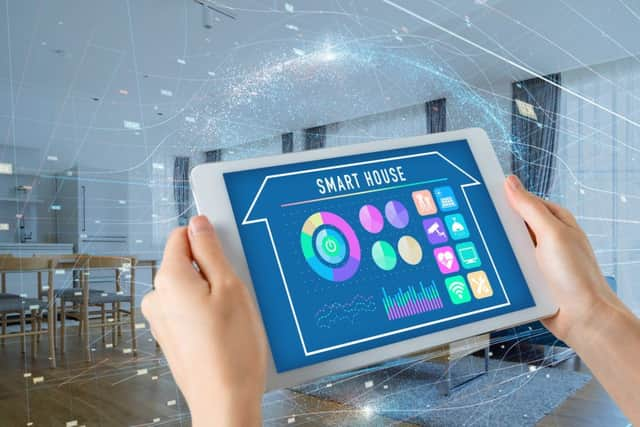Smart meter rollout behind schedule and £500m over budget


The NAO said the Department for Business, Energy and Industrial Strategy had underestimated how long it would take to implement the second generation of smart meters – with the first batch being installed only in July, three years later than scheduled.
The investigation into the rollout also found out that installations in Scotland are also far lower than the rest of the UK – with just 3,000 second generation meters having been installed in Scottish homes and those in the north of England, compared to 106,000 in the rest of the UK.
Advertisement
Hide AdAdvertisement
Hide AdThe study found that energy suppliers have installed 12.5 million of the first generation meters, 7.1 million more than the planned 5.4 million. due to the “unintended consequence” of the government attempting to roll-out the service quickly. However, around 70 per cent of first generation meters “go dumb” when people switch supplier because the new supplier is unable to communicate with the meter – with nearly a million already having done so.
Amyas Morse, head of the NAO, said: “BEIS has taken most of the decisions that matter on the programme so far. They now need to take responsibility for getting it back on track and protecting the interests of consumers who will ultimately meet the bills.”
Richard Neudegg, head of regulation at uSwitch.com, said: “The NAO’s report lays bare what has long been suspected: that the government rushed ahead with the smart meter rollout without a good plan, before the technology was ready – with consumers ultimately paying the price.”
Suppliers can currently only install second generation meters in at most 70 per cent of all households due to limitations in the technology currently available to them. New technology is expected to be rolled out in spring next year which will increase coverage to 95 per cent to 96.5 per cent of homes, but the technology required for the final 3.5 per cent to 5 per cent of buildings such as high rise flats, is still being developed.
Robert Cheesewright, director of corporate affairs at Smart Energy GB, said: “Britain’s smart meter rollout is a hugely complex and challenging infrastructure upgrade, but we must not lose sight of the bigger picture which is that we urgently need a modern, connected energy system with smart meters at its heart.
“The alternative is that we are stuck with estimated, inaccurate bills from an outdated system that can no longer keep up with the way we use gas and electricity in the 21st century.”